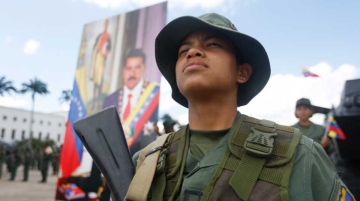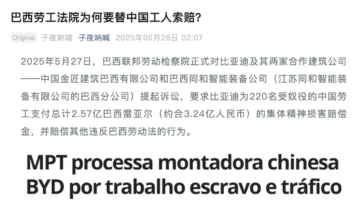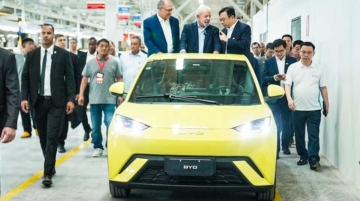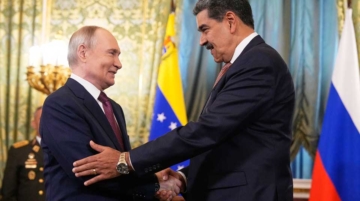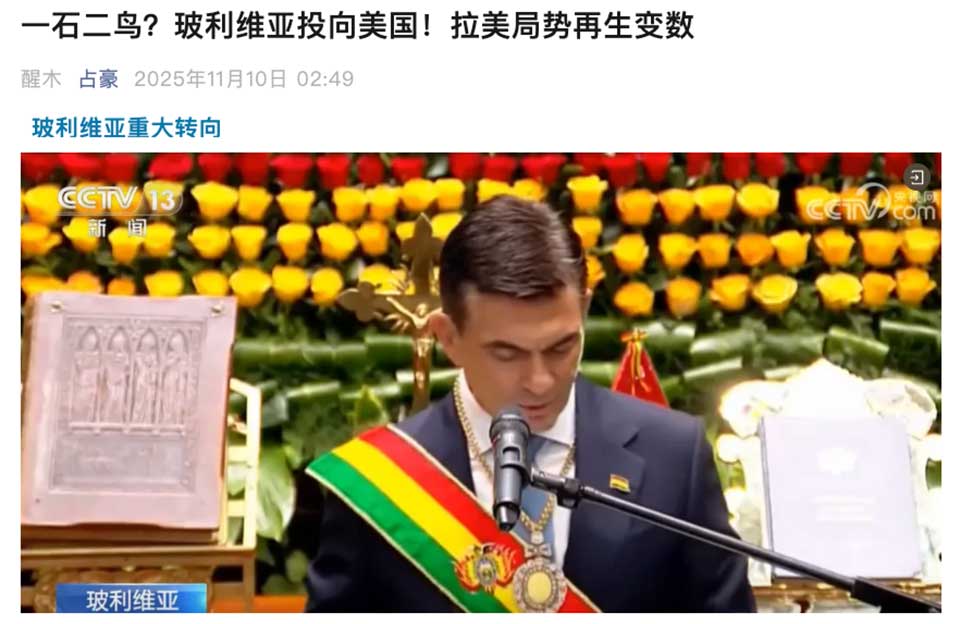
On his first day in office, Bolivia’s new president, Rodrigo Paz Pereira, made a historic move, ending a 17-year diplomatic deadlock with the United States. On Saturday, he announced the full restoration of ties, including the exchange of ambassadors. The high-level U.S. presence at his inauguration underscored Washington’s eagerness to engage the new government.
The popular WeChat account Zhan Hao traces the deadlock back to 2008, when then-President Evo Morales, a leading figure in Latin America’s anti-U.S. bloc, expelled the American ambassador for alleged interference. The U.S. responded in kind, reducing relations to the chargé d’affaires level. Morales’s successors softened their rhetoric, but substantive breakthroughs never came, reflecting Bolivia’s longstanding wariness of U.S. influence.
According to the article, Bolivia’s vast lithium reserves are a key reason for the reset. Paz Pereira, a center-right Christian Democrat, marks a break from decades of leftist rule. His immediate restoration of full diplomatic ties reflects a pragmatic, outward-looking approach. Economic pressures –high inflation, energy shortages, and modest per capita GDP (~$3,600 in 2023) –combined with Bolivia’s strategic lithium resources, a cornerstone of the global green energy transition, help explain the timing of this move.
The article points out that this move also positions Bolivia strategically within the U.S.’s broader Latin American chessboard, especially as relations with Venezuela and Cuba remain tense and neighboring governments like Brazil and Argentina turn rightward. Past partnerships with China and Russia in Bolivia’s lithium sector are now on hold or under review.
Despite the optimistic start, challenges remain, the article concludes. Seventeen years of mistrust cannot be undone overnight, and strong domestic leftist forces will likely scrutinize any perceived compromises on sovereignty. U.S. investment in Bolivia will still face regulatory and business environment hurdles, and public sentiment toward American capital is mixed.
Meanwhile, Cuba, Venezuela, and other regional actors may view the rapprochement with caution, leaving Paz Pereira with the delicate task of balancing relations across Latin America and major powers.


